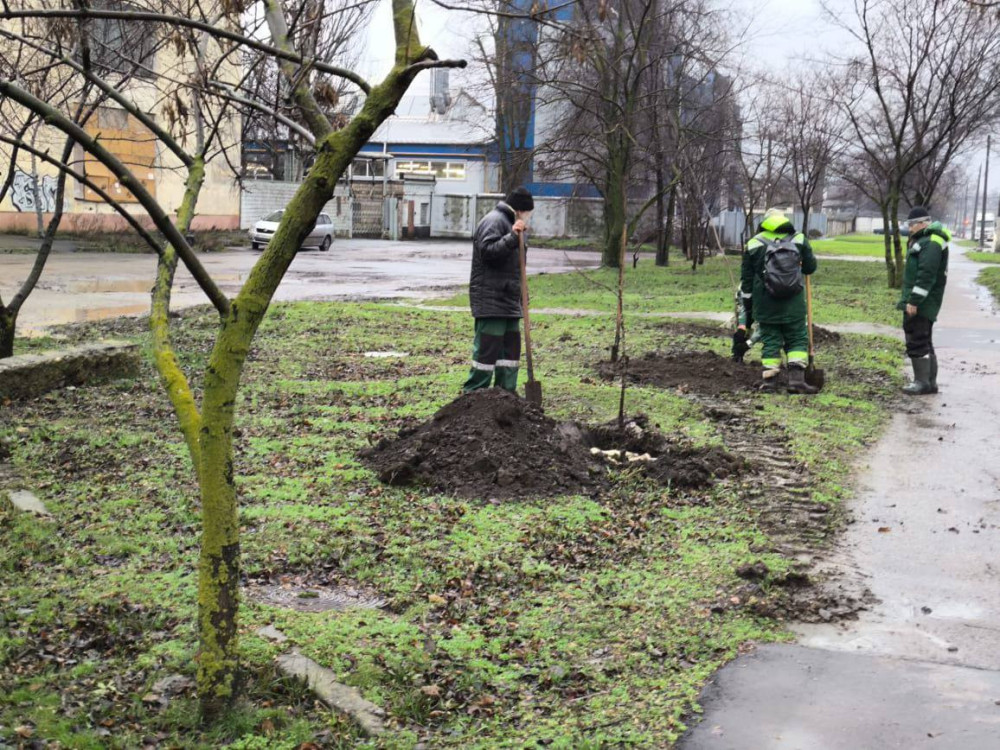On Wednesday, June 25, a significant event took place in Kyiv: Ukraine and the Council of Europe signed an agreement to establish a Special Tribunal for investigating crimes of aggression.
President Volodymyr Zelensky, during the signing ceremony with the Secretary General of the Council of Europe, Alain Burset, stated, "Justice takes time, but it must be achieved."
A month earlier, the European Union expressed support for the creation of such a tribunal in Lviv.
But what exactly is a crime of aggression? What functions will the Special Tribunal serve? How does it differ from the International Criminal Court (ICC)?
Here are eight key facts about the tribunal's capabilities and limitations.
What is a crime of aggression?
The International Criminal Court defines a crime of aggression as "the use of armed force by a state against the sovereignty, territorial integrity, or independence of another state."
Thus, the leadership of the state that initiated the invasion is held accountable.
This crime is one of the four core crimes defined by the Rome Statute: genocide, crimes against humanity, war crimes (serious violations of the Geneva Conventions), and finally, the crime of aggression.








